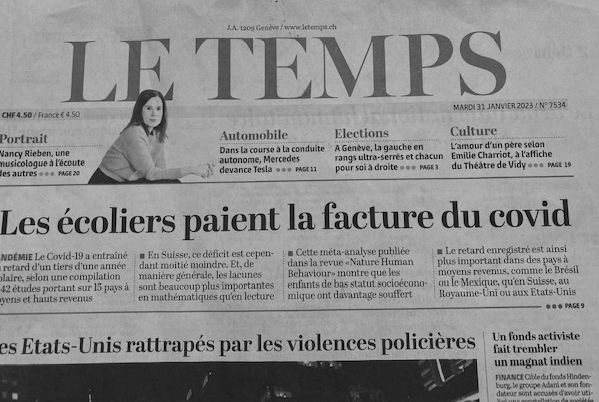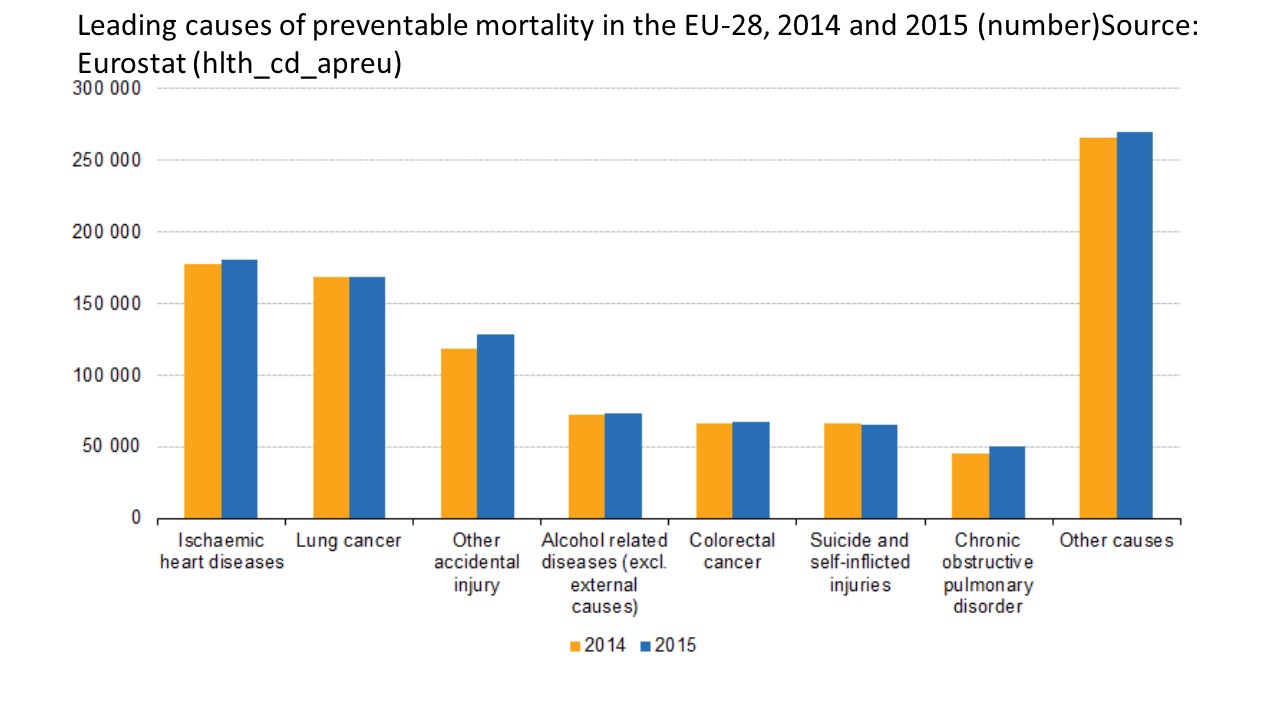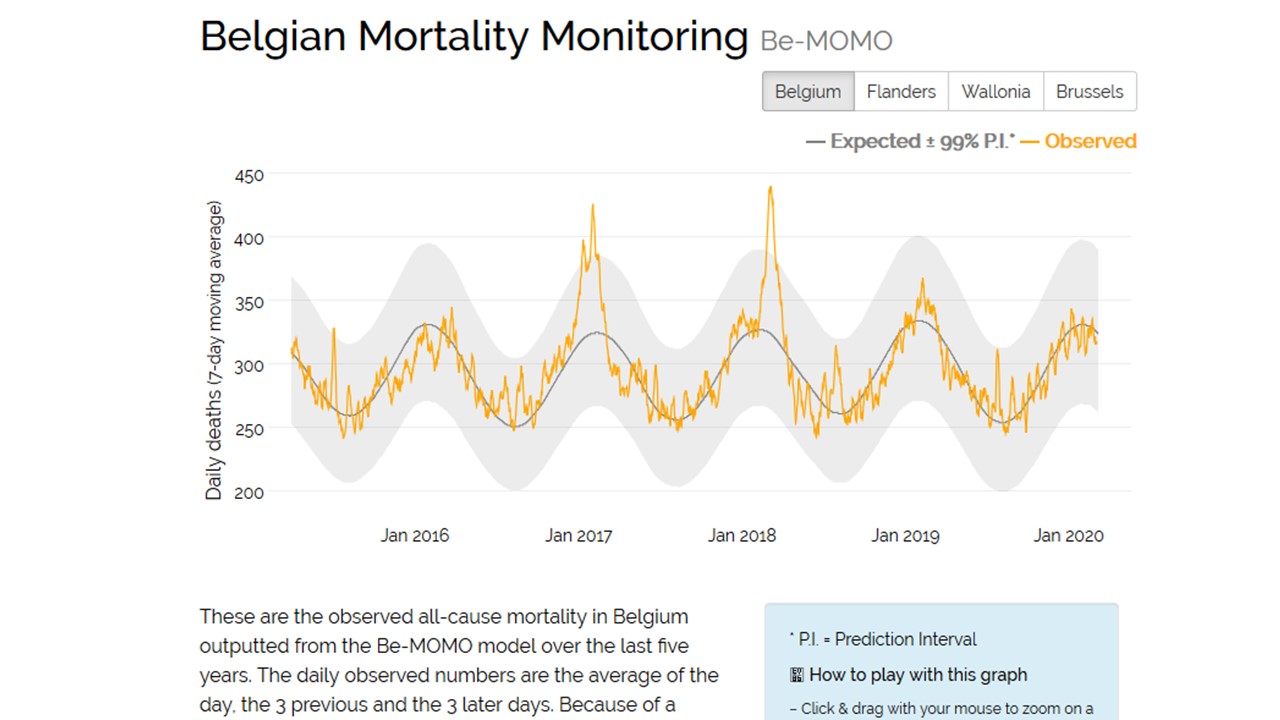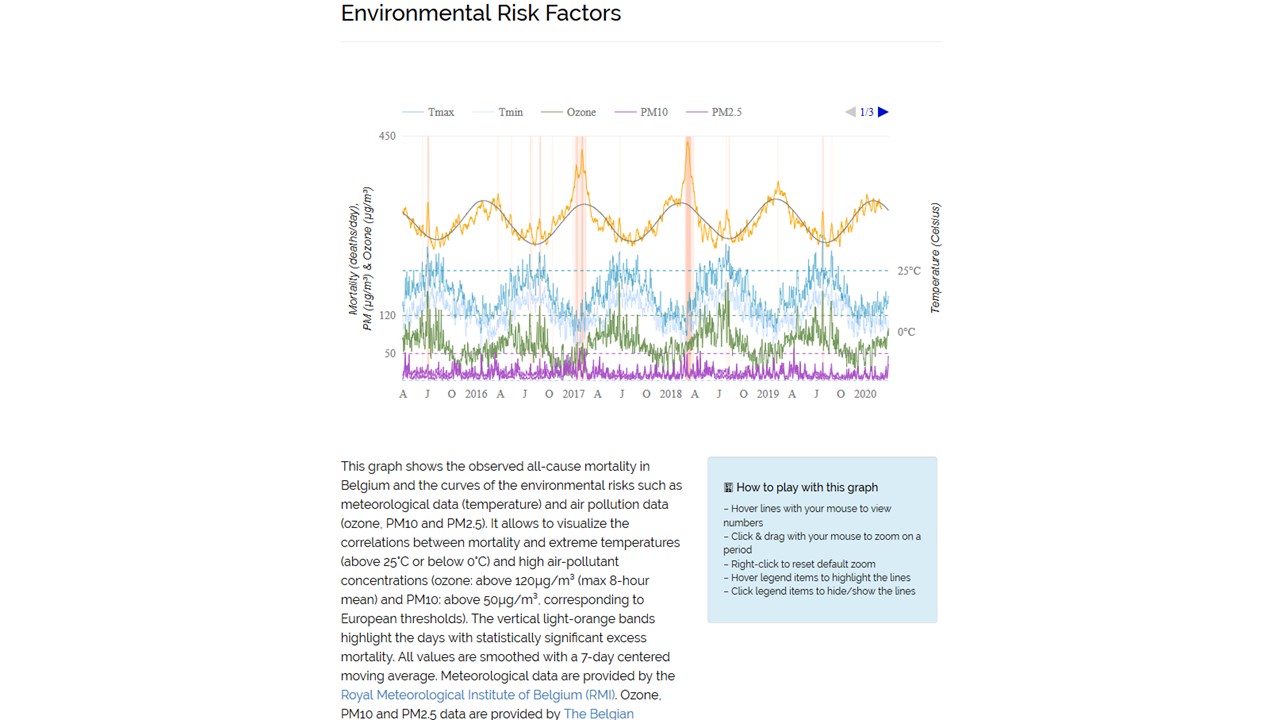A brief review of the press on the coronavirus 3 years after its first appearance shows that we have learned to live with it. Everyone has found the personal way to balance exposure to risk and protection against infection. Long-term consequences are severe for pupils. Many lost friendships, were lonely at home and accumulated missing out on peer advice or effective teaching.
Overall, strengthening of the immune system is another more complex issue. Some people swear by masks and others keep washing hands, or both. More rare is the vaccination approach against COVID-19. The evolving virus seems to adapt to a seasonal pattern as the influenza had done decades ago. The term seasonal greetings nowadays has an additional flavor to it. We have come out of the 3rd year of the pandemic reasonably well. Preparing for the next winter is left to the scientists to study the ever new variants arising, probably in parts of the world where winter is just beginning. Working on our immune system’s strength, however, is up to us. Happy Walking and cold Showering. 

 2 real newspapers, 3rd one “Pastiche” exposé à la BnF, Paris April 2023.
2 real newspapers, 3rd one “Pastiche” exposé à la BnF, Paris April 2023.
Nächste Welle
Die Surfenden unter uns wissen, „nach der Welle ist vor der (nächsten) Welle“. Altes Surferlatein, etwas abgenutzt, zugegeben. Aber in Zeiten mit Coronavirus #Covid_19 und der δ-Variante ist das #nichtLustig. Wer bekommt wann die 3. Impfung, das ist die Frage, überlegte schon Hamlet. Aus Hamlet ist längst die „Hamlet Machine“ geworden. Eine Armada von Modellierenden versucht Prognosen von Wellen und deren Auswirkungen vorherzusagen, denn riesige Finanzströme folgen solchen Projektionen. Haben sie noch keine Biotechnologieaktien in ihrem Depot, die mRNA Impfstoffe produzieren? So als Absicherung gegen höhere Krankenversicherungsbeiträge oder pandemiebedingte Risiken. Lassen wir uns also einfach das dritte Mal jetzt impfen und wir kommen höchstwahrscheinlich relativ unbeschadet durch den Winter. Die Feier zum 8-ten März werden wir wohl wieder ausfallen lassen oder verschieben, aber das ist Teil des „new normal“.

On Mortality in EU
It is normal business for demographers to deal with mortality and the statistics of mortality. The latest data I found from official European statistics from Eurostat refer back to 2015. They mention 571.000 potentially avoidable deaths in the Europen Union of the 1.7 Million deaths among the population younger than 75 years of age, the lower bound of average life expectancy. A look at the leading causes of preventable death shows that prevention of deaths due to alcohol, smoking and environmental causes beyond suicide could safe more than 200.000 lifes per year! Please pause a while in front of these figures.
In Germany we deplore more than 900.000 deaths each year and according to the statistical office on an average day during the year we have 2100 persons leaving us. In a severe case of influenza these death rates jumped for example in February 2018 to more than 3.100 persons in one day. Hence, keep calm and carry on with taking Covid-19 seriously, but no reason to panic.
we deplore more than 900.000 deaths each year and according to the statistical office on an average day during the year we have 2100 persons leaving us. In a severe case of influenza these death rates jumped for example in February 2018 to more than 3.100 persons in one day. Hence, keep calm and carry on with taking Covid-19 seriously, but no reason to panic.
Taking a look at our Belgian neighbors, the public health statistics on Belgian Mortality show a cycllical pattern of mortality with peaks in January for the influenza period and sometimes on hot summer days. 
Additionally, there are several severe environmental health hazards which we have gotten used to. Not much fuzz in public about these increased death rates any more. They include many preventable deaths as well. The deadly cocktail of fine particle dust in high traffic countries combined with peaks in temperature and ozone levels yield preventable peaks in death tolls across Europe not just in Belgian, different from region to region and city to city or suburbs or proximity to risky areas. No prove available yet, just coincidence data that need close monitoring. Please follow up on the web page of Epistat and the B-momo project.The EuroMoMo-project and data can be followed on the new webpage, commented by tagesschau.de on the 23.4.2020. Late data reporting as accused for UK by the Financial times needs to be followed closely for all countries.
Students should build their statistical methods skill and get ready to use the statistical software R for further analyses useful to produce nice figures and even better advanced analyses. 

